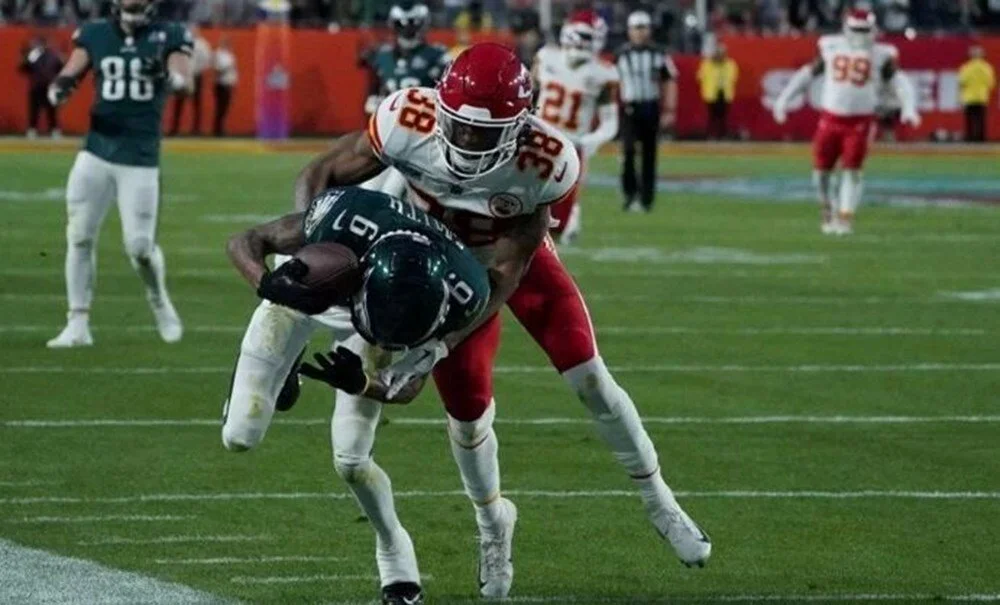As one of the most eagerly anticipated events in American sports, the Super Bowl garners attention not just from sports enthusiasts but also from a global audience who tune in for the spectacular halftime shows and the creative commercials. In this detailed guide, we will explore the essentials of the Super Bowl, including its scheduling, historical significance, economic impact, and much more.
Understanding the Timing and Scheduling of the Super Bowl
The Super Bowl is traditionally held on the first Sunday in February. This timing is the result of a carefully structured NFL season, designed to maximize viewer engagement and accommodate the needs of the teams and fans. The choice of February for the Super Bowl helps in avoiding conflicts with other major sports leagues and capitalizes on a typically quiet time in the sports calendar.
Each NFL season begins in September with 17 weeks of regular-season games, followed by three rounds of playoffs. The culmination of this intense competitive season is the Super Bowl, which decides the league champion. The two-week gap between the conference championships and the Super Bowl is intended to give teams time to prepare and recover, and for the host city to finalize logistics for the influx of fans and media.
Moreover, the timing of the Super Bowl has significant implications for advertising and viewership. The event consistently ranks as the most-watched American television broadcast each year, drawing an immense number of viewers who are not just football fans but also people interested in the halftime performance and the high-profile advertisements.
Historical Overview of Super Bowl Dates
The first Super Bowl was played on January 15, 1967, and since then, the game has evolved considerably, not only in terms of the sport itself but also in its cultural significance. Initially, the game was created as part of a merger agreement between the National Football League (NFL) and its then-rival league, the American Football League (AFL). The two leagues would have their individual champions play in an AFL-NFL World Championship Game, which later became known widely as the Super Bowl.
Over the decades, the date of the Super Bowl has seen slight adjustments. Historically, the game was held in early to mid-January. However, the extension of the regular season and the introduction of an additional wild card team in the playoffs pushed the event into February starting from 2002.
The shift to February has allowed the NFL to expand its schedule, including adding a bye-week between the conference championships and the Super Bowl. This break is not only crucial for the teams to prepare but also for the host city to gear up for one of the largest sports events in the world, ensuring all logistics from security to entertainment are perfectly in place.
Economic Impact of the Super Bowl
The Super Bowl is not just a sports event; it’s a major economic engine. The host city often sees a significant uptick in tourism and economic activity, including increased hotel bookings, restaurant traffic, and local retail sales. Cities bid years in advance to host the Super Bowl because of the potential economic benefits, with reported increases in local economic activity in the hundreds of millions of dollars.
Aside from local economies, the Super Bowl significantly impacts television advertising. The event has the highest advertising rates of any television broadcast in the United States. A 30-second commercial spot can cost upwards of $5 million, which demonstrates the immense value companies place on the exposure that the Super Bowl provides.
The league and its broadcasters are not the only benefactors; the Super Bowl also boosts sales in consumer products, from televisions and furniture (as people prepare for Super Bowl parties) to snacks and beverages. The economic activity related to the Super Bowl is a testament to its role as a cultural phenomenon beyond a mere championship sports event.
Cultural and Social Significance of the Super Bowl
The Super Bowl has transcended the boundaries of sport to become a cultural milestone each year, akin to a national holiday. It’s a day marked by gatherings of friends and family around television sets, loaded with snacks and adorned with team colors. The Super Bowl Sunday has become an unofficial festival of American culture, highlighting both the sport and the spectacle associated with it.
The halftime show, in particular, has grown to become a central component of the celebration. Featuring performances by some of the biggest names in music, the Super Bowl halftime show often garners even more viewers than the game itself. This convergence of sports and entertainment underscores the unique place the Super Bowl holds in American culture, serving both as a championship game and a broad, culturally uniting event.
Furthermore, the Super Bowl also plays a significant role in American social life. It’s a time for intense communal interaction, whether through social media platforms or Super Bowl-themed parties. The game day brings people together, often bridging divides through shared experiences and emotions tied to the outcomes of the game.









